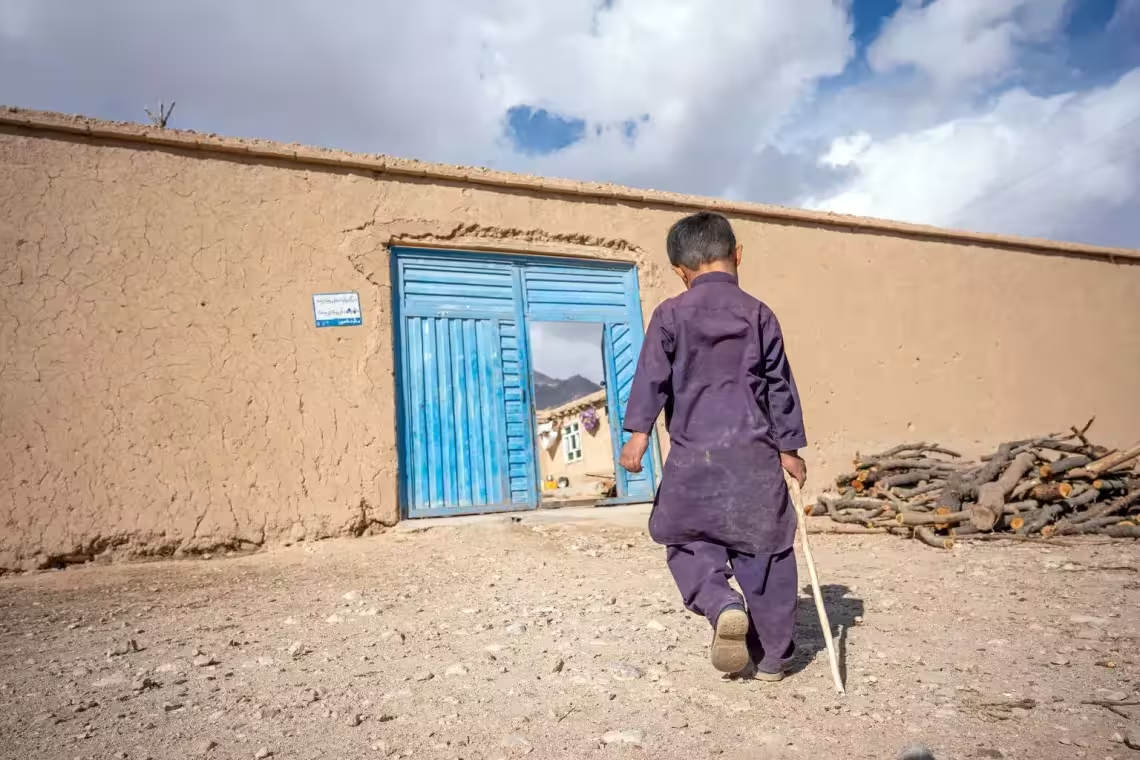UNICEF’s ongoing efforts have played a critical role in preventing the collapse of Afghanistan’s healthcare system, securing access to essential medical services for millions across the country. Despite immense challenges, the organization has sustained two-thirds of the healthcare sector through a vast network of medical professionals and volunteers.

Operating primarily in remote areas, UNICEF has mobilized 28,000 full-time healthcare workers and 32,000 volunteers, staffing 96 hospitals and 2,400 rural health centers—some as small as a single room. These facilities provide vital services such as vaccinations, childbirth support, and routine medical care, helping to instill trust in modern medicine among communities traditionally resistant to outside influence.
Since the collapse of Afghanistan’s financial system in 2021, UNICEF has faced severe funding constraints, with no direct financial transfers possible to Afghan institutions. However, through its extensive on-ground network, the organization has managed to deliver critical maternal and child healthcare. Over 2.2mn babies have been born in UNICEF-supported facilities, marking a 20% increase in births in medical institutions since 2019.
Afghanistan’s challenging geography presents a significant hurdle for medical access. In mountainous regions like Nuristan and Ghor, communities live in isolated terraced villages, often hours away from the nearest clinic. UNICEF’s volunteer network plays a crucial role in bridging this gap, delivering life-saving services and encouraging communities to seek medical care.
Real-life examples highlight the impact of these efforts. In one case, a woman named Safina safely delivered three children at a newly established health post in her village. In another, Roqia’s grandfather braved a three-hour trek through snow and ice to seek urgent care after she contracted polio last winter—an intervention made possible by UNICEF-supported community healthcare volunteers.
UNICEF’s volunteers do more than just provide medical care—they educate and advocate for healthier practices. They detect early signs of malnutrition, promote vaccinations, and encourage institutional childbirth, particularly among women. This outreach has helped convince skeptical families, especially men, to seek timely medical attention—often a crucial step in preventing minor health issues from becoming life-threatening.
Today, over half of Afghanistan’s population receives basic healthcare services through UNICEF-supported programs, while three-quarters of those requiring hospital-level care—primarily women and children—benefit from its initiatives.
“Community health workers catch the early signs of malnutrition, promote vaccination, and encourage women to breastfeed longer and deliver in institutions,” UNICEF stated.
Despite ongoing challenges, UNICEF’s steadfast commitment to Afghanistan’s healthcare system ensures that millions continue to receive critical medical care, proving that even in the toughest conditions, dedicated efforts can make a life-changing difference.
Follow Daryo's official Instagram and Twitter pages to keep current on world news.
Comments (0)